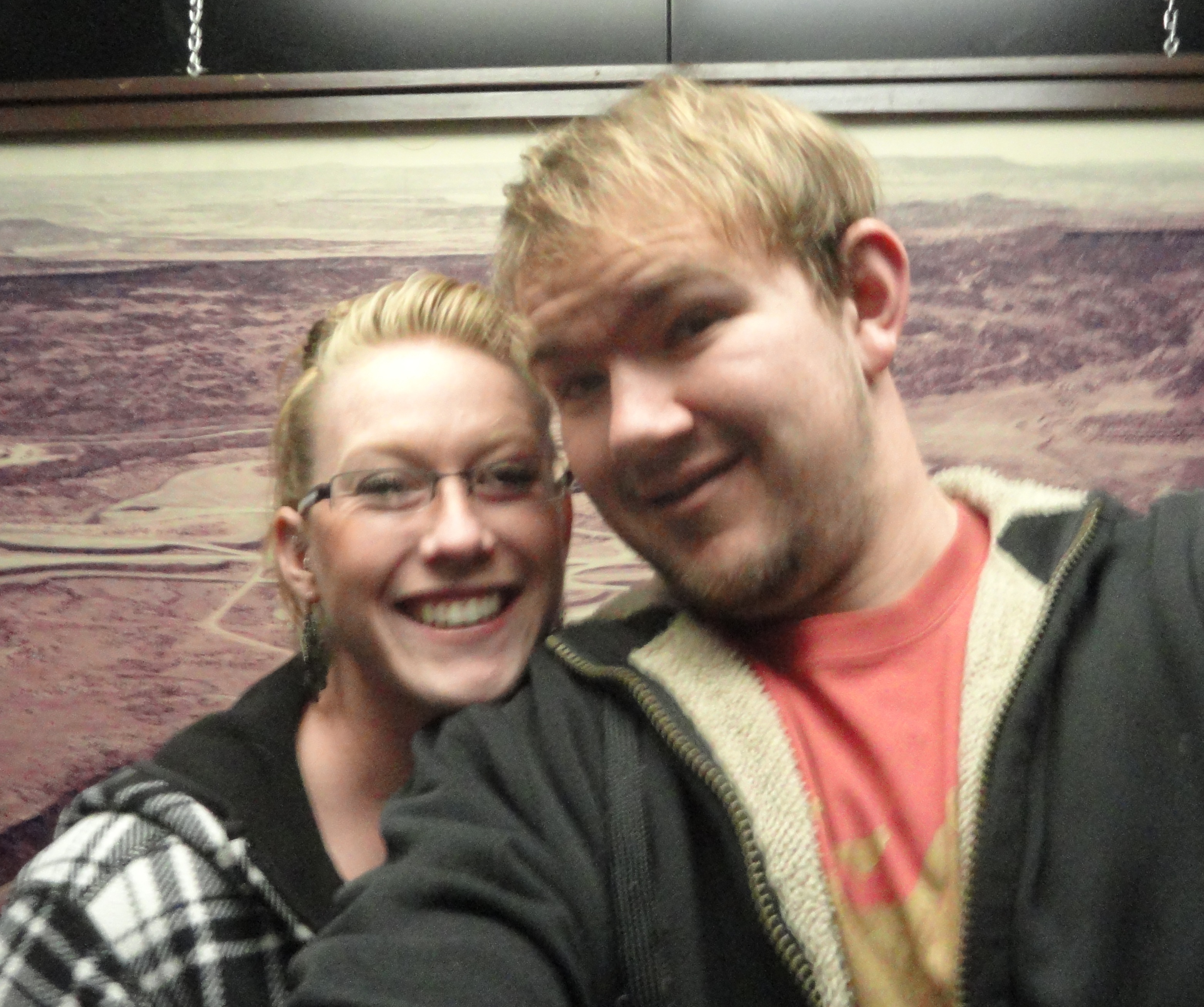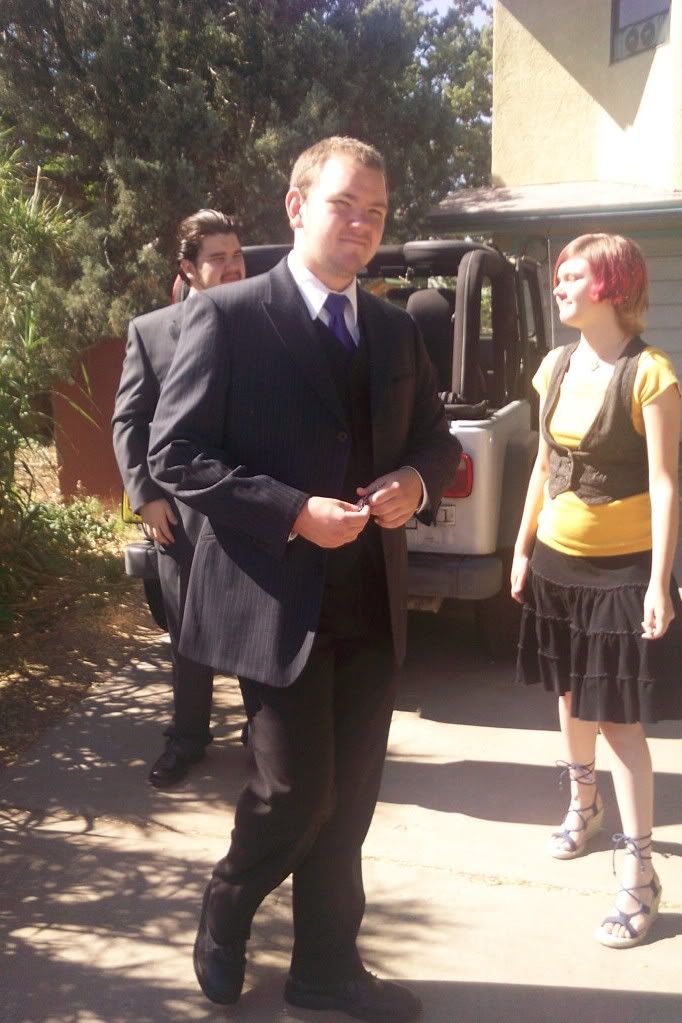Young Adults: Partners
Your child might have been your partner and companion for years, but it's very likely that he will want a companion of his very own, a "significant other."
I don't know as much about this as I will in a few years. Many of those unschoolers I've watched grow up are in their early 20s now, and most are unmarried. I've seen some choices made and some relationships ended, so I have ideas and I see some patterns emerging, but I might decide in ten years that there's not a significant pattern, and it might also be that the stories would involve so many adults that have nothing directly to do with unschooling that it will be none of my business and I won't be able to write about it.
For now, though, I can say I have seen teens and young adults turn down opportunities for quick and easy relationships for reasons I would never have considered when I was young. Other families have seen similar effects of decision-making skills.
Keith and I joked years ago that someone would need to make quite an impressive offer to lure our children away from home. Years have passed and it's not a joke anymore.
During my childhood when parents said to find someone of the same race or religion, it seemed offensive. Few people my age were willing to trust that the advice had much to do with our own futures, but with the comfort of parents who lived through the Great Depression or WWII or both, who hadn't seemed to care very much about our feelings or our concerns or ideas. And now they were telling us who to date, and sending suitors away for what seemed to be spurious and unfair reasons. Long hair. Hot car. Parents' income. Religion or lack thereof. Skin too dark; skin too light.
Some of our first opportunities to make our own choices were fueled by the desire to finally get to do what we wanted to do, to prove that we were independent people.
When a young adult has been making real decisions for years, and what their parents want is to help them think clearly and to make careful decisions based on the preferences and beliefs of the young person himself, the same old world looks very different.
When my children have had love interests, the decisions have not been made to please the parents nor to spite them. It turns out not to be about me at all, which is wonderful.
From my communications with other unschooling parents, I know that many grown children ask parents for relationship advice. Sometimes the significant others have approached an unschooling parent to discuss the relationship, too. I didn't foresee that, but I like it.
Left to make their own decisions in a supportive atmosphere, I've seen my children consider the genetic background of potential partners, for issues like mental health and addiction. Loving a partner isn't the same for them as choosing someone with whom to reproduce. They're not desperate to get out of the house. They like people who are interesting and cheery and energetic. Dishonesty and irresponsibility aren't accepted without objection. I shouldn't be surprised, but I am.
In the book:
I don't have a web link for this,
because it's not about unschooling
when it becomes about their relationships
with people who might not have been unschooled.
Sandra Dodd, from The Big Book of Unschooling, page 265 (306, later editions)
photos are links; credits will be there




Choices
(start early, making choices, and helping younger kids do that)

Young Adults





